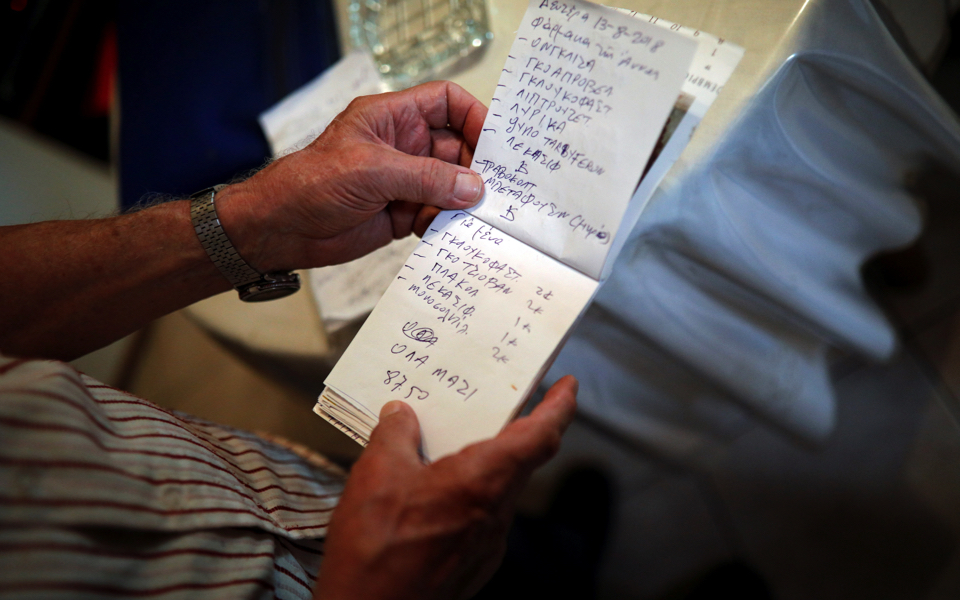Greek gov’t plans low-key bailout exit

Greece will exit its bailout program on Monday after eight years of highly unpopular memorandums, but the government’s plans to mark the occasion with fanfare have been dashed by the fallout from the deadly Attica fires on July 23 which left almost 100 dead.
Moreover, the international repercussions of the crisis in neighboring Turkey have led to a rise in Greek bond yields, further puncturing the leftist-led coalition’s narrative of a “clean exit,” and exposing just how fragile and volatile the Greek economy remains.
“There are no plans for a fiesta,” the leader of SYRIZA’s parliamentary group, Costas Zachariadis, said on Friday.
The international turmoil has also ruled out the government’s intention to combine the bailout exit this week with an attempt to tap markets so that it can make the case that Greece can now stand on its own two feet without rescue loans.
Given these circumstances, government sources said on Friday that Prime Minister Alexis Tsipras will limit himself to an address to the nation in which he will highlight that Greece has finally turned a page and entered a new era without bailouts, rather than announce a new batch of relief measures or benefits for those hardest hit by the country’s protracted financial crisis.
Tsipras will also seek to stress that Greece will now have the opportunity to formulate policies without the constraints of the creditors, but sources say he doesn’t plan to unveil specific measures until his speech at the Thessaloniki International Fair (TIF) in September.
However, Tsipras’s narrative of a brighter future will be a hard sell given that recent international media reports have consistently questioned whether Greece’s bailout exit will indeed prove to be a success, given the current state of the Greek economy, society and infrastructure.
These limitations were also highlighted on Friday by Zachariadis, who said that the government should not begin celebrating on Monday “as if a large section of the Greek population doesn’t have a serious financial problem.”





